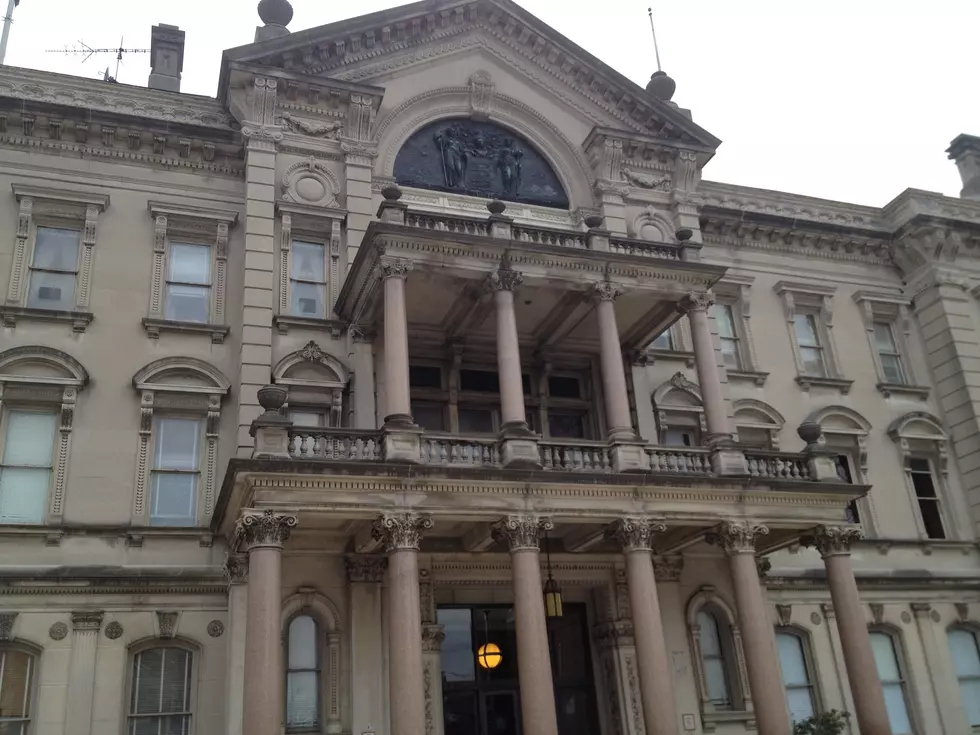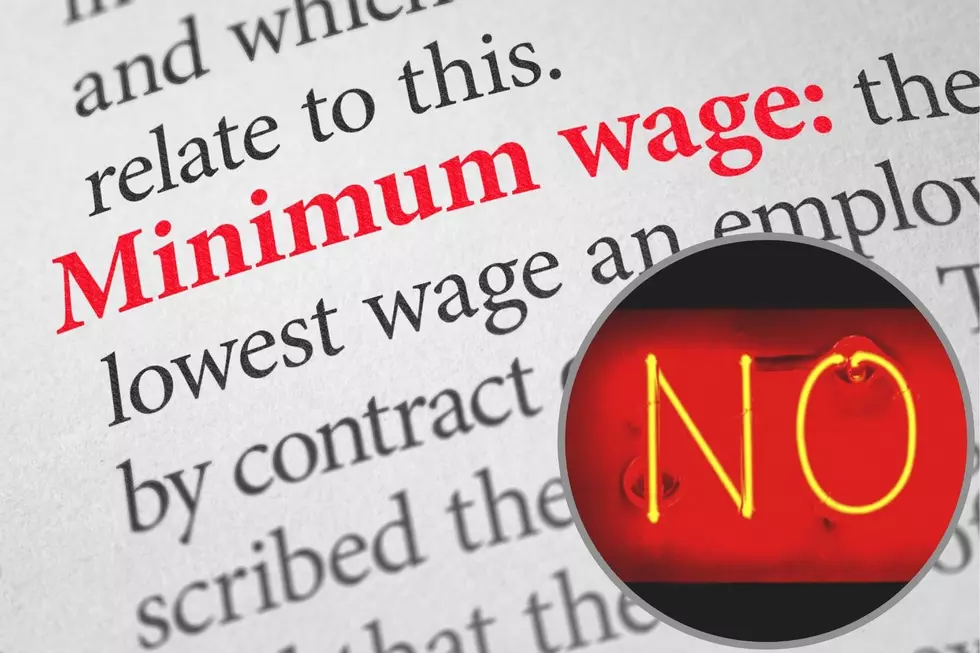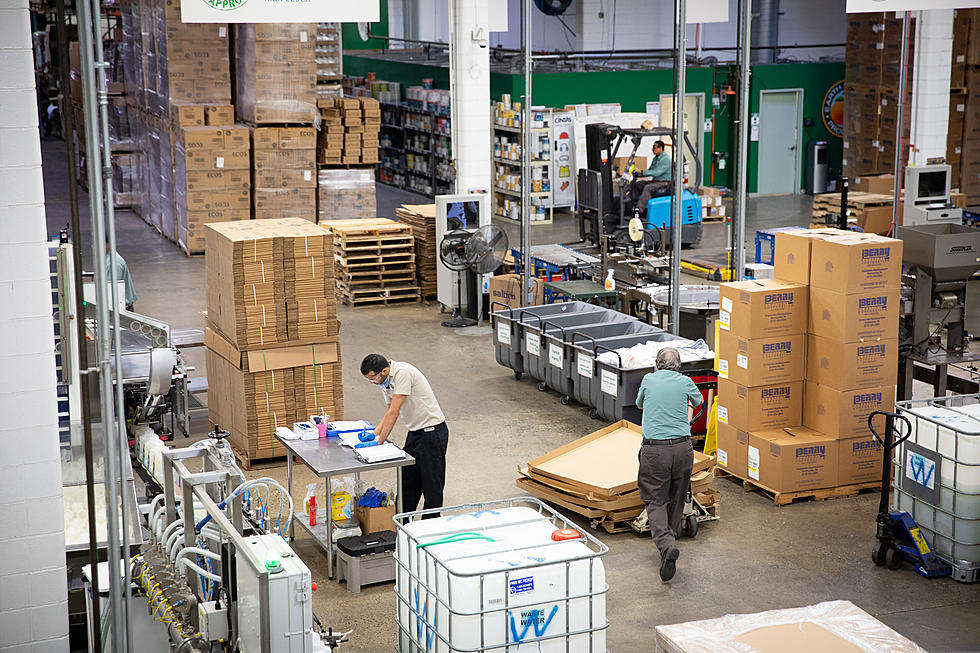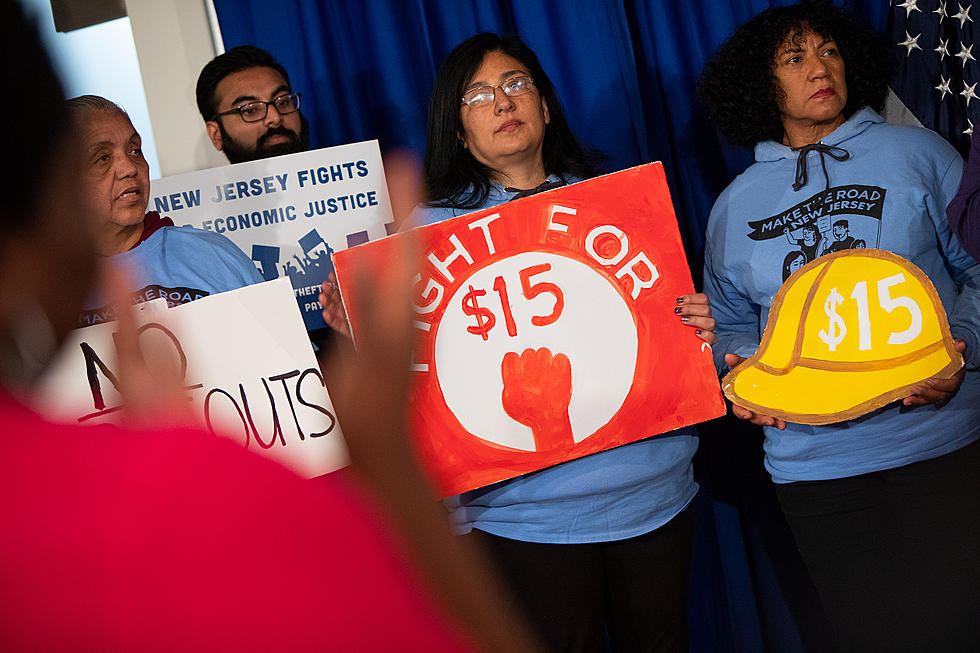
Reaction To Minimum Wage Approval
Legislation to increase New Jersey's hourly minimum wage to $8.50 and require the rate to then be adjusted annually based on the Consumer Price Index was approved Thursday afternoon by the Assembly Labor Committee by a vote of 6-2-1. Read reaction from those for and against the bill.
Assemblyman Wayne DeAngelo (D-Hamilton)
“An increase in the minimum wage is, quite simply, critical to families who are counting their pennies to survive in this economy,” said DeAngelo. “Working families have been the hardest hit by the economy of the recent years since middle-class jobs in manufacturing, construction and building trades and dried up and have been slow to return. These working men and women have moved toward minimum wage-paying jobs in order to keep food on their table until the industries they are trained in rebound. Since the economy is slow to grow, these jobs have become permanent thereby cementing the reality that the minimum wage simply is not a sustainable salary for New Jerseyans.”
DeAngelo noted that at the current New Jersey minimum wage, a full-time employee only earns $15,080. In comparison, the federal poverty level for a two-person household is $15,130.
“If we keep the minimum wage at the current level, then single-parent families earning the minimum wage at a full-time job will live in poverty in New Jersey. We can’t sit idly by while a parent raising their children cannot financially support themselves or pay the bare minimum of daily expenses earning the minimum wage,” said DeAngelo.
New Jersey Business & Industry Association
Small businesses cannot absorb a 17 percent minimum wage increase in an economy where sales and profits are stagnant, the New Jersey Business & Industry Association said in testimony prepared for the Assembly Labor Committee meeting today.
Assistant Vice President Stefanie Riehl said that rather than imposing an artificial increase in wages, legislators should instead focus on improving economic conditions to strengthen the labor market and promoting job-training programs so that low-wage workers can improve their skills and make more money.
“If sales are not rising fast enough to accommodate forced wage hikes, employers will be forced to make tough personnel and operating decisions (such as reducing workers’ hours or cutting other costs),” Riehl said. “Unfortunately, an automatic annual increase of wages does not mean an automatic annual increase in sales and revenue to cover the added labor costs.”
NJBIA’s 2012 Business Outlook Survey revealed that in 2011, for a third consecutive year, more companies reported a decline in actual sales and profits than reported an increase, Riehl explained.
The bill, A-2162 (Oliver, Greenwald), would put New Jersey out of step with other states along the East Coast by increasing the minimum wage to $8.50 per hour in one shot, beginning July 1.
“New Jersey’s minimum wage would be the third highest in the nation, behind only Washington and Oregon,” Riehl said. “Additionally, New Jersey would become only the second state in the region to establish an automatic-wage-increase index. Many New Jersey businesses are still struggling, and this proposal would put them at a further competitive disadvantage with their counterparts in 30 other states.”
NJBIA’s experience has shown that for low-wage workers, basic skills and employment training are effective ways to improve employees’ economic opportunities. Over the past four and a half years, the Association’s Basic Skills Training Program has benefited more than 30,000 workers (more than half of whom made less than $20 an hour). In 2010, as measured on state assessment tests, basic communications skills among individuals who participated in the program improved by 36 percent while computer skills improved by a remarkable 149 percent.
“More importantly, the training has provided employers with a skilled workforce and provided workers with skill sets to move their careers forward,” Riehl said. “The education and training that these lower-wage earners receive will undoubtedly give them greater marketability in a difficult economy.”
New Jersey Policy Perspective
New Jersey Policy Perspective president Deborah Howlett is testifying before the Assembly Labor Committee this morning in favor of A-2162, legislation sponsored by Speaker Oliver and others that would increase New Jersey’s minimum wage to $8.50 an hour and to index that wage to the rate of inflation.
"This legislation is one of the most important actions elected officials in Trenton can take to immediately improve the lives of tens of thousands of working families struggling to make ends meet in New Jersey and at the same time improve the state’s economy for every other resident," Howlett says in her prepared remarks.
Below is a key excerpt from her testimony: (full remarks)
"In a state with one of the highest median incomes in the nation and one of the highest costs of living, those at the bottom of the wage scale often find it a struggle to raise their families here. The increase may be only $1.25 an hour, but it could mean the difference in families paying a utility bill in full or buying new school clothes for their children.
In addition to being a boon to working families, the increase in the minimum wage is strategic legislation that will help boost the economy, too.
An increase in the minimum wage will provide working families with greater purchasing power, which will immediately be reinvested in the economy as consumer spending because working families don’t have the luxury of tucking away any new income.
The impact can can be significant. According to the Federal Reserve Bank of Chicago, every $1 in wage increase for a minimum wage worker results in $3,500 in new consumer spending by his or her household over the following year."
More From New Jersey 101.5 FM









